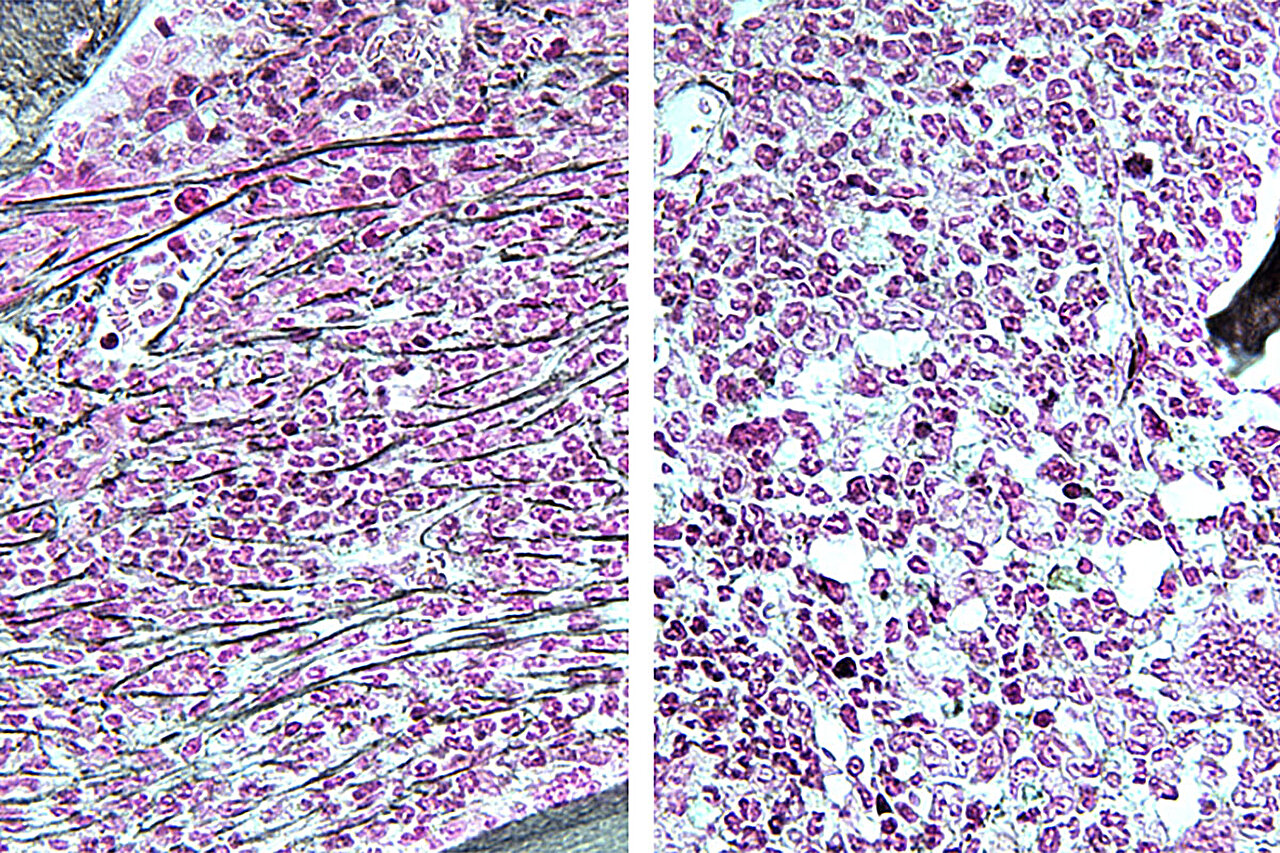Recent research from Washington University School of Medicine in St. Louis has identified a promising therapeutic approach for certain blood cancers using a drug currently in clinical trials for breast cancer. The studies, published in Nature Communications and Blood Cancer Journal, reveal that inhibiting the protein RSK1 can reduce inflammation and halt the progression of myeloproliferative neoplasms (MPNs) and an aggressive form of acute myeloid leukemia (AML). MPNs are slow-growing blood cancers that can evolve into secondary AML, which has a poor prognosis and limited treatment options. By targeting RSK1, researchers aim to prevent this progression and potentially induce remission in affected patients.
The significance of this discovery lies in the potential repurposing of an existing drug, already undergoing clinical trials for breast cancer, to treat these challenging blood cancers. This could expedite the availability of effective therapies for MPNs and secondary AML, addressing a critical unmet need in hematologic oncology. The research underscores the importance of exploring shared molecular pathways across different cancer types to identify versatile therapeutic targets. Click for More Details







